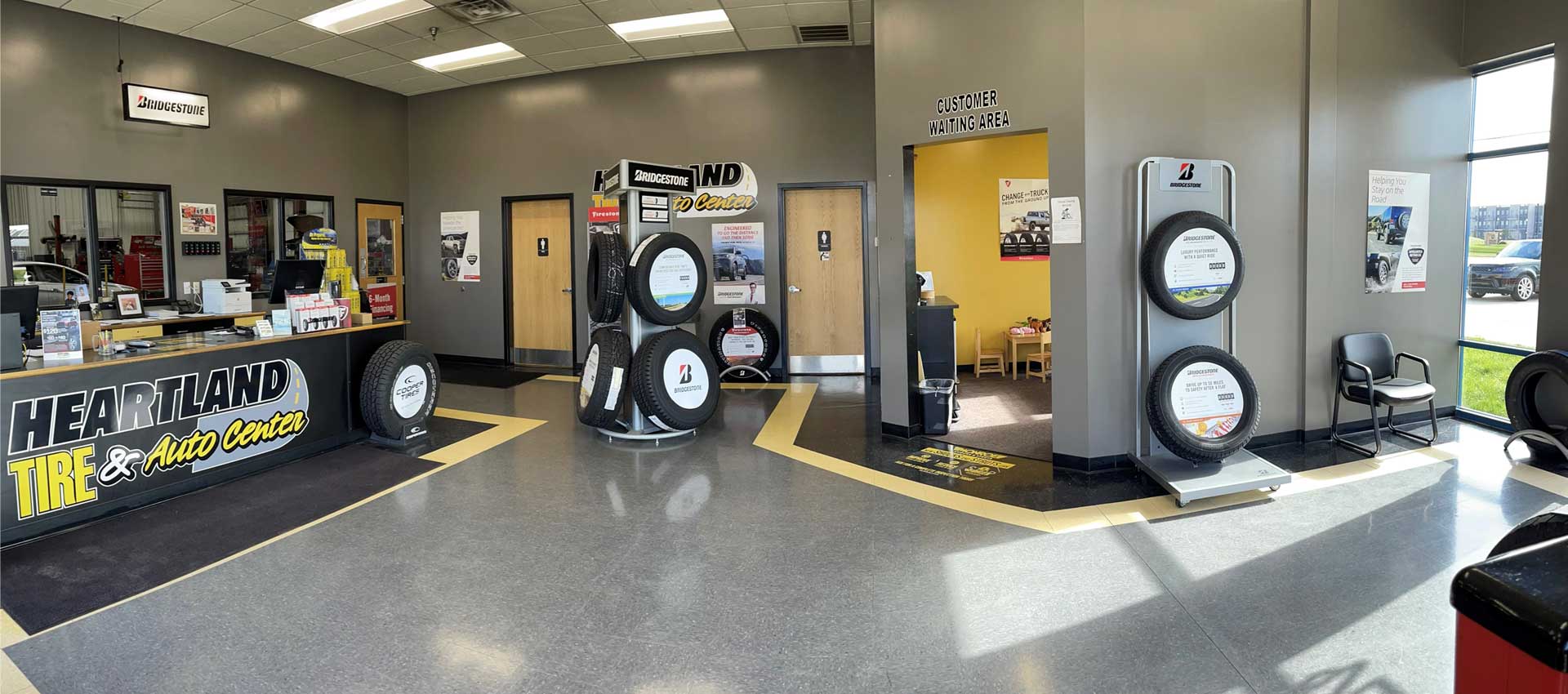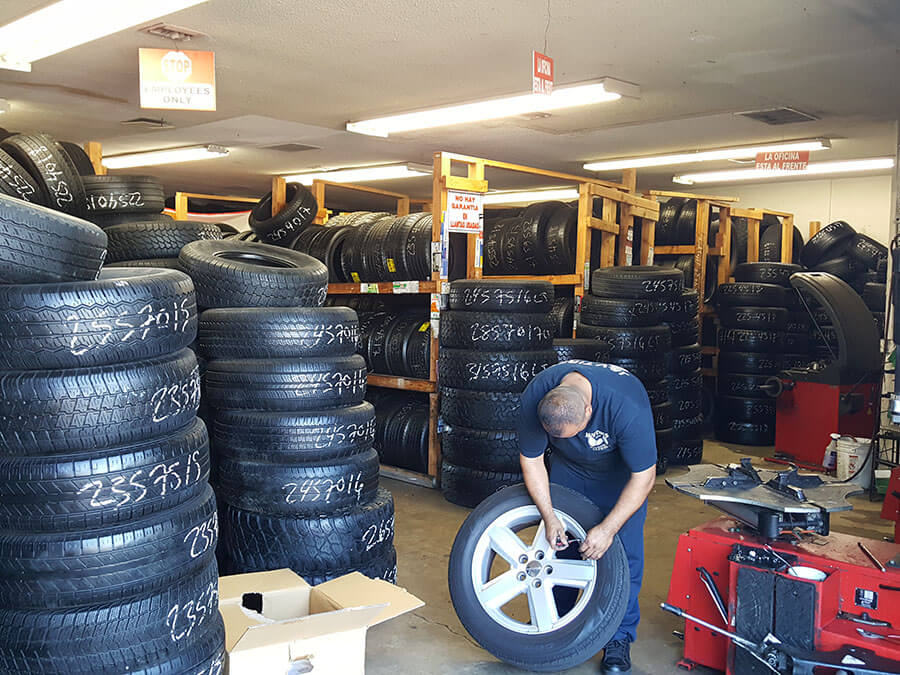Expert Morris Tire and Alignment Providers: Guarantee a Smooth and Safe Drive
Expert Morris Tire and Alignment Providers: Guarantee a Smooth and Safe Drive
Blog Article
Tire Solution: The Influence of Weather Condition Problems
When it pertains to guaranteeing optimal performance and security when traveling, recognizing the effect of weather conditions on tire service is critical. From scorching warmth to icy roads, each weather component can considerably affect tire capability and overall driving experience. By delving into the impacts of varying weather on tires, drivers can obtain beneficial insights that may enhance their automobile's efficiency and long life. In this discussion, we will certainly explore the complex relationship between weather and tire service, clarifying the importance of weather-specific tire maintenance practices and factors to consider.
Warmth and Tire Performance
When revealed to high temperature levels, tires experience modifications in performance that can dramatically influence car safety and security and handling. The heat generated from long term driving or hot weather condition conditions causes the tire rubber to soften, leading to reduced tread life and raised wear.
Additionally, heats can speed up the procedure of tire aging, triggering the rubber to degrade faster. This can lead to cracks, protrudes, and other types of damages that endanger the architectural honesty of the tire. To mitigate the results of warm on tire performance, chauffeurs must frequently check their tire stress, revolve tires to ensure even use, and evaluate for any kind of indications of damage. In addition, utilizing tires especially developed to withstand high temperature levels can assist maintain ideal efficiency and safety and security when driving.
Winter Impacts
Cold weather conditions can have a substantial influence on tire efficiency and security. As temperatures decline, tire rubber can harden, resulting in reduced grip on icy or snow-covered roadways. In winter, tires might likewise lose air stress much more swiftly, which can impact taking care of and gas performance. Furthermore, cold temperature levels can create tire sidewalls to tense, boosting the danger of damages from gaps or various other road hazards.
To minimize the results of winter on tires, it is crucial to on a regular basis check tire pressure and inflate them to the maker's advised degrees. Utilizing winter months or all-season tires created for cold weather condition conditions can likewise enhance traction and grip on icy or snowy roads - tire shop morris. Proper tire maintenance, consisting of normal inspections for wear and damage, comes to be much more important throughout chillier months to guarantee optimum performance and safety
Rainy Conditions Influence
Tires with damaged treads are more vulnerable to hydroplaning, where a layer of water builds up in between the roadway and the tire surface area, leading to loss of traction. To battle this, drivers ought to on a regular basis evaluate their tires for adequate walk depth and think about spending in tires particularly made for wet conditions.

Snow and Tire Safety
When driving in snowy conditions, having the appropriate tires can make a significant distinction in safety and efficiency. Winter tires are made with unique rubber compounds and tread patterns to give better traction on snow and ice contrasted to all-season tires.
In enhancement to utilizing winter tires, it is critical to guarantee they are effectively pumped up. Winter can cause tire morris tire and alignment stress to drop, influencing traction and handling (morris tire and alignment). Frequently checking and preserving the appropriate tire stress is vital for optimal efficiency in snowy conditions

Weather-Related Tire Upkeep
When confronted with different weather, appropriate tire upkeep becomes a critical aspect of car safety and security and efficiency. Weather-related tire upkeep incorporates a series of techniques focused on guaranteeing ideal tire function and durability in different climate scenarios. One crucial facet of weather-related tire upkeep is tire stress guideline. Changing temperatures can cause tire stress to differ, affecting traction and fuel efficiency. Consistently checking and changing tire pressure according to producer suggestions is essential for safe driving in changing weather. Furthermore, tire tread deepness plays a significant duty in managing various weather condition aspects. Tires with sufficient step deepness offer better grasp on damp or icy roads, decreasing the threat of hydroplaning or skidding. When walk wear gets to a specific deepness is important for preserving traction and security in damaging weather, inspecting tire tread consistently and replacing tires. By prioritizing weather-related tire upkeep, chauffeurs can improve safety, improve lorry performance, and lengthen the life expectancy of their tires.
Final Thought
In final thought, climate conditions have a considerable influence on tire performance and safety (discount tires morris il). From warmth influencing tire pressure and use to chilly weather decreasing traction, it is necessary to take into consideration the weather condition when maintaining and utilizing tires.
In this conversation, we will explore the intricate relationship between weather condition problems and tire solution, dropping light on the value of weather-specific tire maintenance practices and considerations.

Report this page